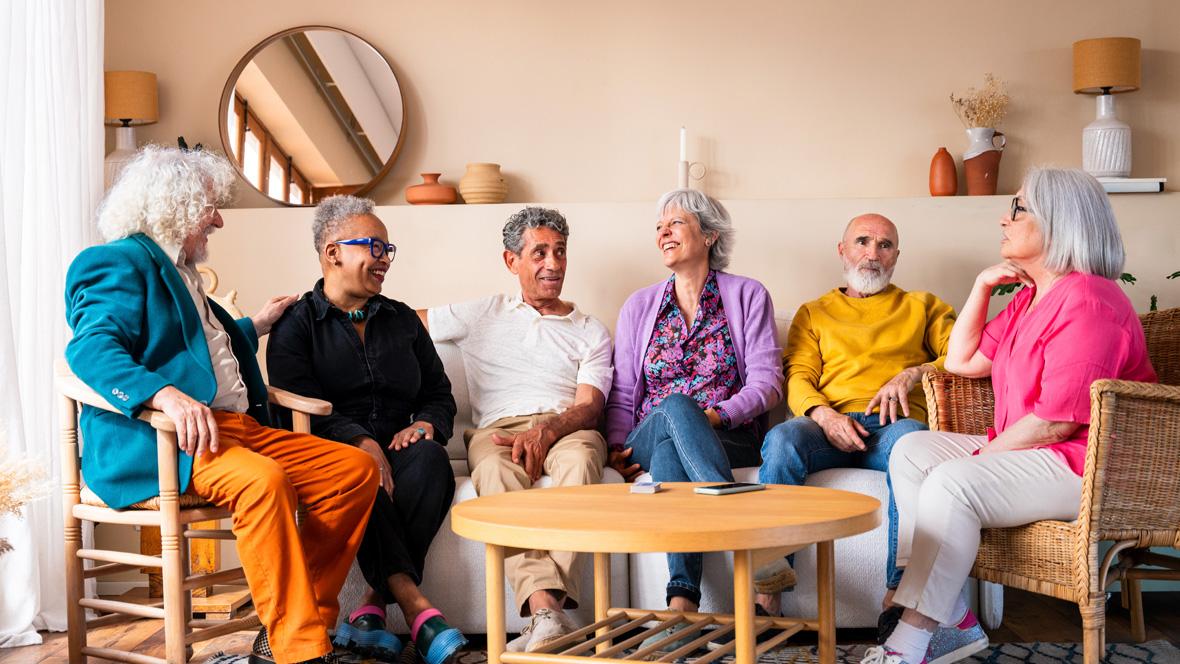Navigating Longevity: A New Culture for a New Era

We are living through a change of era that is not measured in political cycles or technological inventions, but in years lived. We have gained decades of life, but we still haven’t fully learned how to live them. That is perhaps the great paradox of our time: we hold in our hands one of the greatest achievements in history —longevity— and yet we continue to treat it more as a problem than as an opportunity.
At CENIE, we believe it is time to change course. That’s why we’re launching this Logbook: to share reflections, alerts, and certainties about the new vital territory we all now inhabit. Because it’s not just about living longer, but about living better. And to do that, we need to build a new culture of longevity.
For far too long, old age has been seen as a realm of decline, a farewell chapter, or a social burden. This view —deeply rooted in stereotypes— has shaped public policies, labor structures, healthcare models, and even our ways of relating to one another. But it no longer fits the reality.
Today, millions of people over 60 —and 70, and 80— continue to contribute talent, experience, creativity, and meaning. They are protagonists, not spectators. And yet they live in a culture that still places them on the margins of the story of progress. That comes at a high cost: not only human, but also economic, social, and democratic.
We need a different narrative —one that doesn’t measure a person’s value by their chronological age, but by their ability to keep participating, deciding, building. A culture that doesn’t condemn anyone to invisibility just for growing older.
From Urgency to Strategy
As a society, we are aging —and quickly. Though foreseeable, this phenomenon has taken many public agendas by surprise. Often, the response is one of urgency: more social and healthcare resources, more care homes, more dependency plans. But if we stay there, we’ll always be running behind the problem.
Longevity calls for strategy. And that means foresight, investment in prevention, intergenerational policies, new labor agreements, urban reforms, and transformation of our educational, digital, and healthcare systems. Longevity is not a matter of “later”; it is a matter of the present that shapes the future.
And like any profound change, it demands time, courage, and vision. At CENIE, this is exactly what we work for: to promote a scientific, ethical, and transformative approach to aging and longevity, with an international outlook and a strong commitment to local communities.
A new vital cartography
Longevity doesn’t just extend life —it also changes its shape. Traditional stages (childhood, youth, adulthood, old age) no longer adequately describe the complexity of our life paths. Education is lengthening, work is being reinvented, families are evolving, caregiving is diversifying. And all of this is happening in a context of technological, climate, and cultural transformations that strain our certainties.
What does it mean to be 70 today? Or 90? How long will we work? Who will care for whom? How do we ensure that quality of life keeps pace with quantity? These are not rhetorical questions —they are the big questions of aging societies. Answering them is not the job of a single discipline or sector. It requires alliances, innovation, and active listening to older people, who too often remain the great absentees of social design.
That’s why at CENIE we promote a broad, inclusive perspective —one in which longevity is not confined to the margins of social policy, but crosses over into economic, urban, educational, technological, and cultural policies. Because longevity is not a niche —it is the new structural framework of the 21st century.
A Shared Journey
CENIE’s Logbook is born with the spirit of both chronicle and compass. We don’t claim to have all the answers —but we do want to share some well-posed questions. Each week, we’ll open a window here: onto an idea, a revealing data point, a transformative experience. Sometimes we’ll challenge, sometimes we’ll invite a broader view —always with the goal of generating thought around this great transition.
This is not about romanticizing aging. It’s about understanding it in all its complexity and acting with collective intelligence. Because we don’t all age the same way, or at the same pace, or with the same opportunities. But we are all called to participate in this new era.
Longevity is not an individual destination —it’s a shared journey. And as the poet León Felipe said: what matters is not to arrive alone or early, but to arrive together and on time. Welcome aboard.
